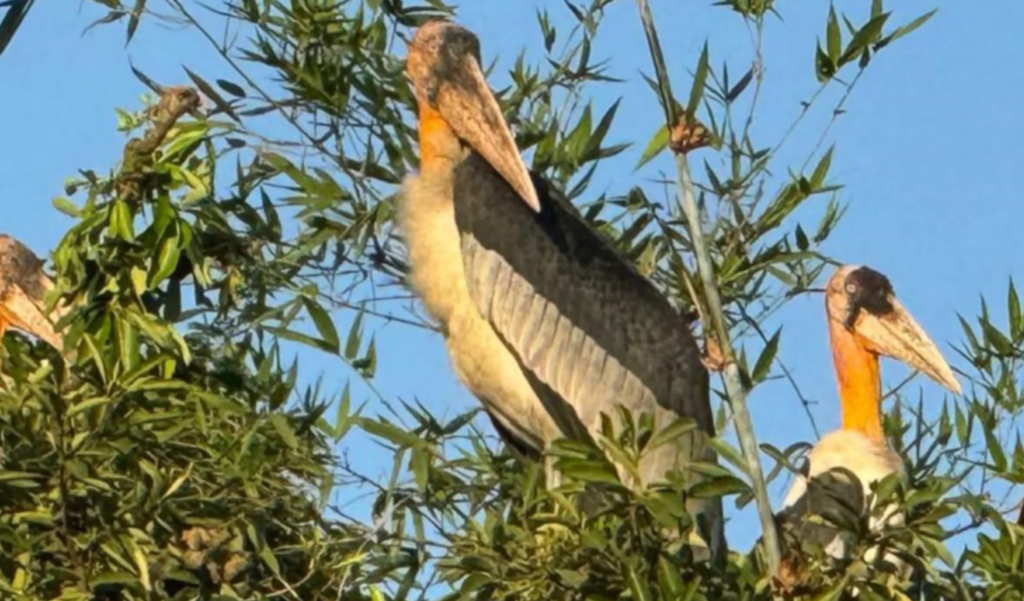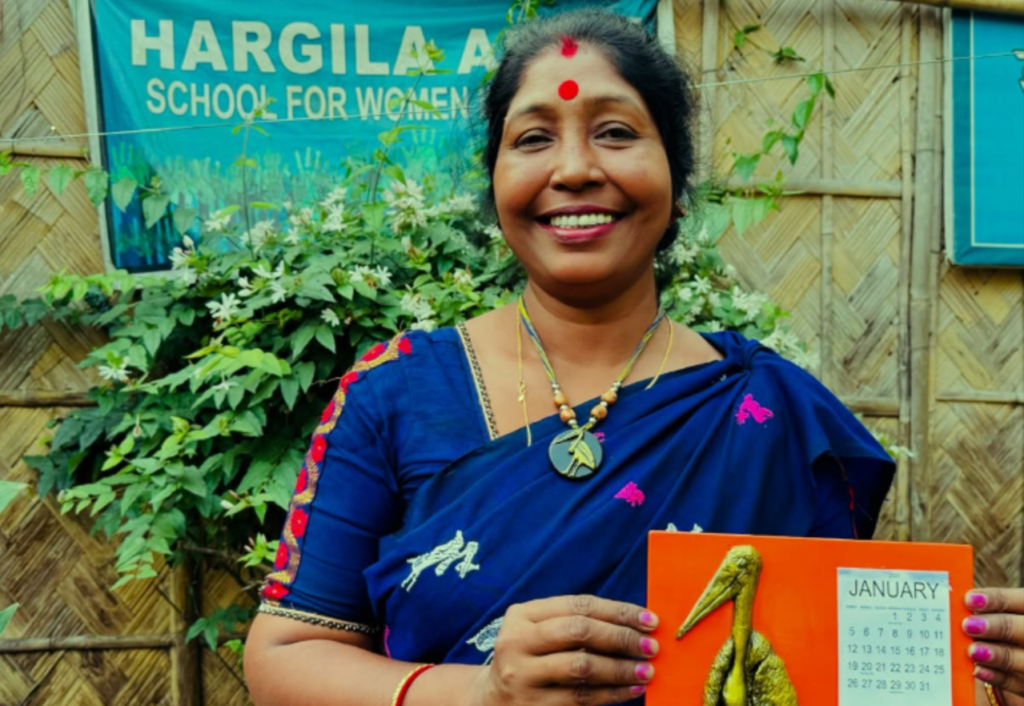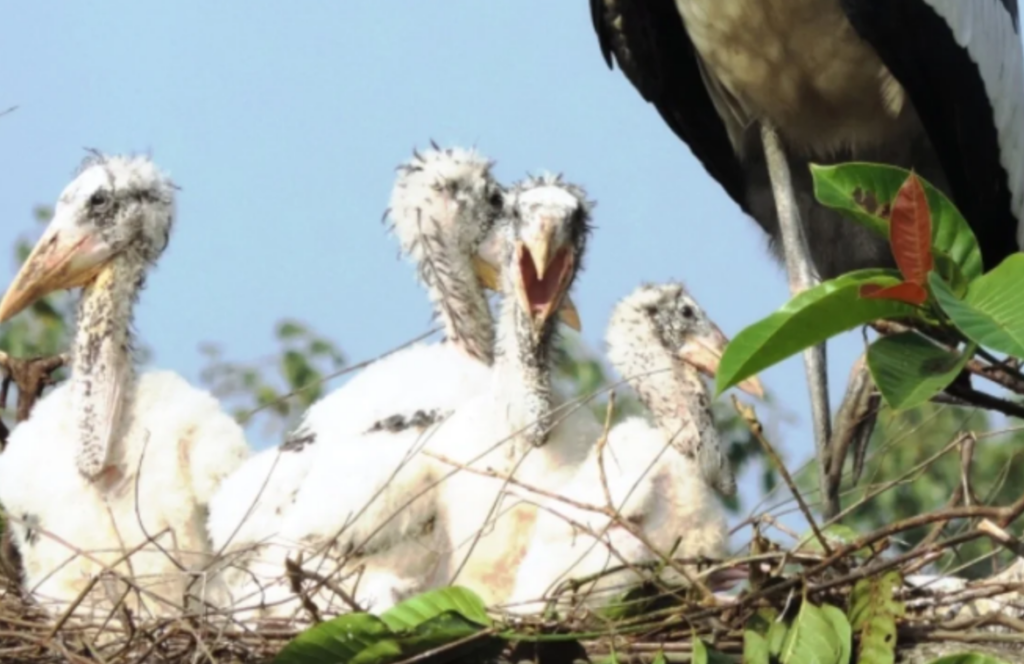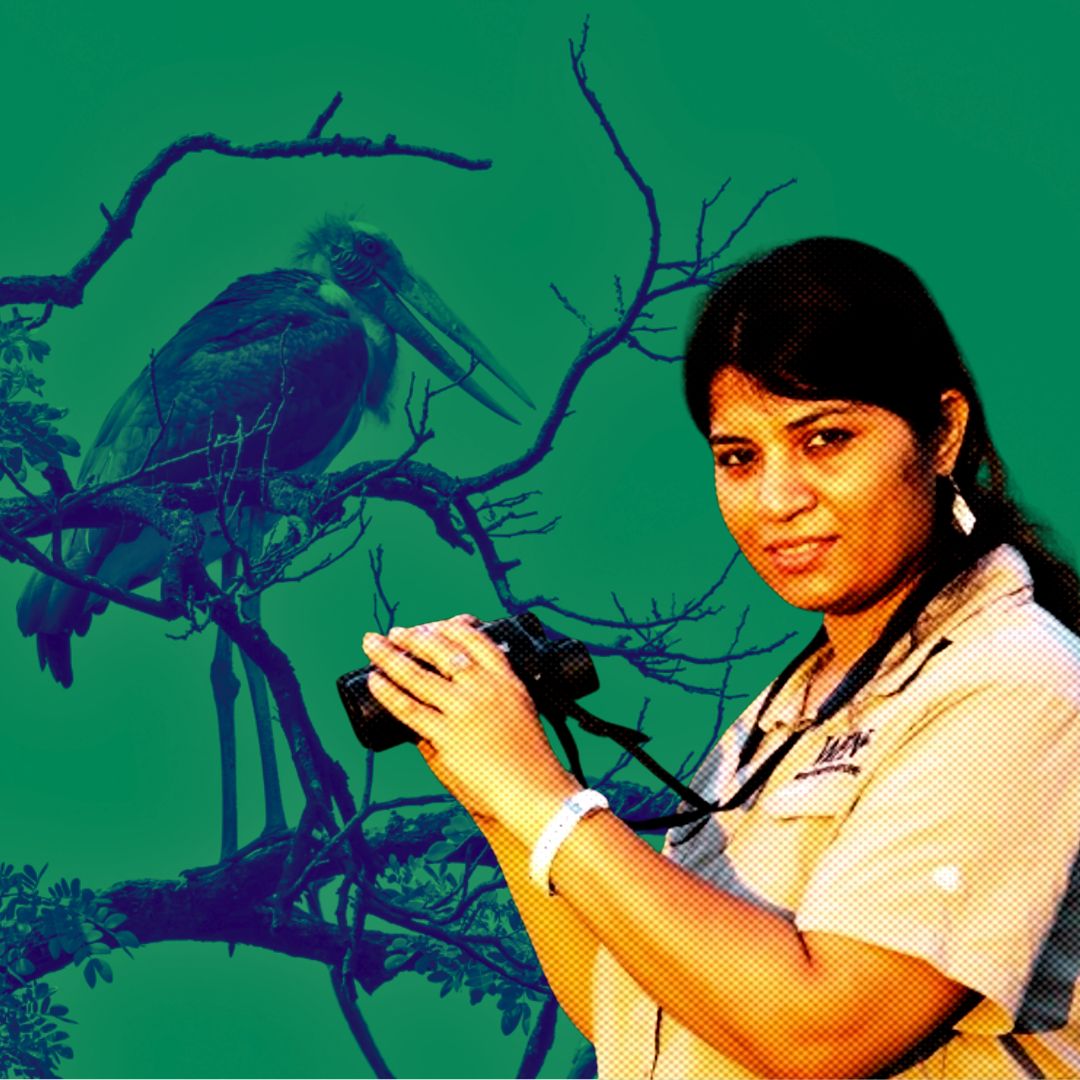Purnima Devi Barman, a wildlife biologist from Assam, has been recognised in TIME’s 2025 Women of the Year list for her groundbreaking conservation efforts to protect the Greater Adjutant Stork (Hargila), an endangered species once considered a bad omen in Assam. Through her grassroots initiative, the Hargila Army, she has mobilised over 10,000 rural women to safeguard nesting sites and promote biodiversity awareness.
Her work has led to a remarkable recovery in Hargila populations—from fewer than 450 individuals in 2007 to over 1,800 today—while empowering women with sustainable livelihoods. Officials have hailed her model as a beacon for community-driven conservation.

TIME Honours an Environmental Changemaker
TIME’s Women of the Year list for 2025 celebrates 13 exceptional women shaping a more equitable world through leadership and advocacy. Among them is Purnima Devi Barman, whose innovative approach to conservation has transformed perceptions around the Greater Adjutant Stork in Assam.
Once reviled as a harbinger of bad luck, this bird is now celebrated as a cultural icon thanks to Barman’s efforts. “Magic happens when we involve communities,” she said while dedicating this honour to every member of her Hargila Army.

From Endangered to Near Threatened: A Conservation Milestone
The Greater Adjutant Stork was on the brink of extinction in 2007 due to habitat destruction and social stigma surrounding its presence near human settlements.
Recognising this crisis, Barman launched a community-driven initiative that combined education with cultural revival. By organising festivals celebrating Hargila births and training women to produce stork-themed handicrafts, she turned conservation into a collective mission. Her efforts contributed significantly to IUCN’s recent reclassification of the species from “endangered” to “near threatened.” Plans are now underway to expand these initiatives into Bihar and Cambodia.
Empowering Women Through Conservation
At its core, Barman’s work is as much about people as it is about wildlife. The Hargila Army empowers rural women by teaching them skills like weaving stork-themed textiles and creating eco-friendly products that generate income while raising awareness about biodiversity. “This initiative has changed our lives,” said one member of the Hargila Army during an event celebrating their achievements last year. Local officials have lauded Barman’s approach as a sustainable model that addresses both environmental and socio-economic challenges.

The Logical Indian’s Perspective
Purnima Devi Barman’s recognition by TIME underscores how grassroots activism can drive meaningful change for both people and planet. Her story exemplifies how conservation can be woven into cultural identity while uplifting marginalised communities—a lesson that resonates far beyond Assam.
At The Logical Indian, we believe such initiatives deserve greater visibility and support as they embody empathy, coexistence, and harmony between humans and nature. What steps can we take as individuals or communities to champion similar causes in our own regions?










